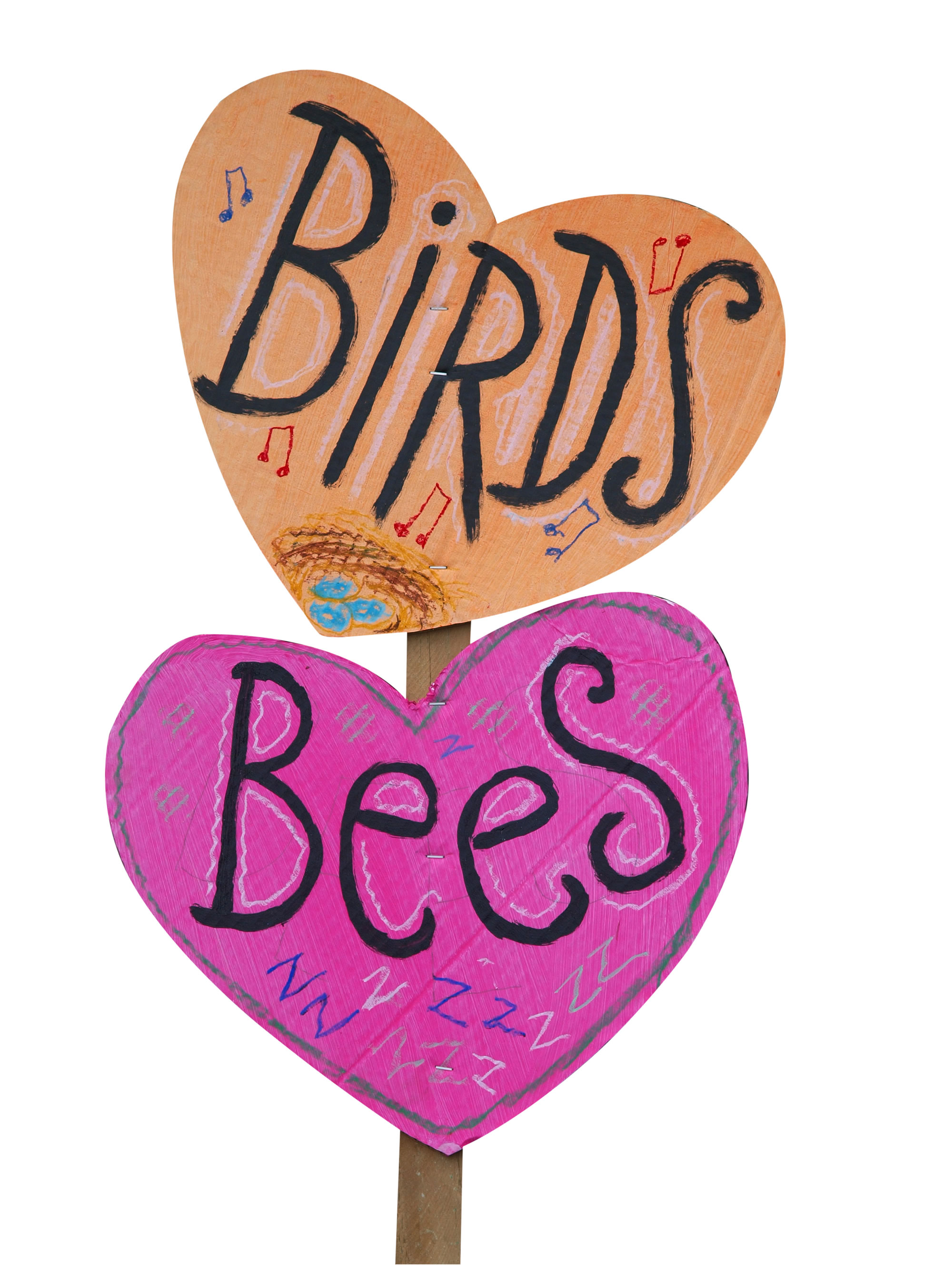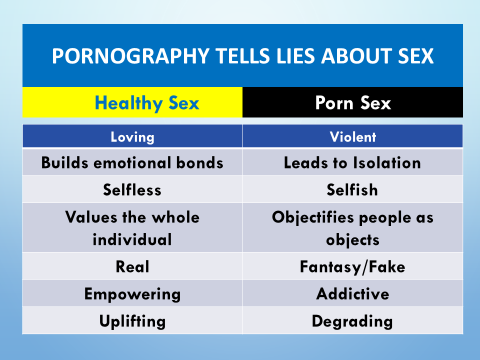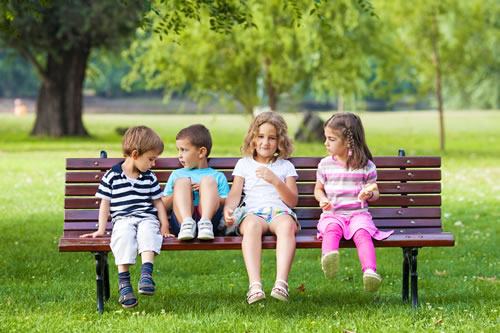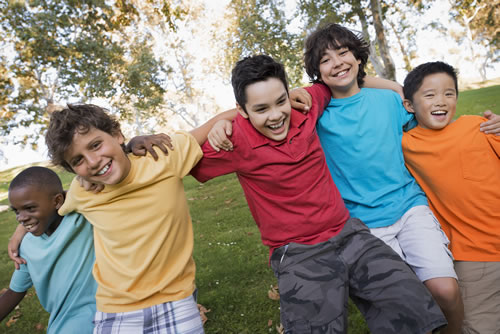Suggestions for talking with your child about sex
show your love, support and encouragement so they are better able to stand up to pressure. A child who feels loved and successful at home is less likely to fall into sexual pressure.
listen, listen to your kids and ask their opinions. Be calm, don’t over react.
through different “what would you do if” scenarios.
through your own values on marriage, commitment, dating, extra marital sex, etc. and clearly give direction to your kids.
them to talk about what they want a date, a spouse, and future family to be like.
their music, TV, texting, magazines, videos and direct them to media that supports your values.
on news stories, TV shows, what’s happening at school or work. Don’t wait for the “big talks” – teach in one-liners. Mention consequences of early pregnancy, abortion, painful break-ups, disease, etc.
where your kids are, especially after school.
healthy behavior.
out with your kids and their friends.
yourself on teens, puberty, pregnancy, sexually transmitted disease, etc. Contact your local health department, go to the library, send a note to us! (info@shareforyou.org)
your child set dating guidelines, such as type of dating, single or groups, who to date, physical contact, curfew, religious boundaries, and age to date.
The Birds and the Bees
 Many years ago, parents would have one conversation with their child at the age of 12 or 13 – or older about sex. It was often awkward and embarrassing and referred to as the “birds and the bees” – a comparison of sex with nature. Today we are thankful that many parents are able and willing to be more clear and intentional about discussing sex and sexual health with their child. Rather than “The Talk” it becomes a conversation beginning at a young age and continuing through young adulthood.
Many years ago, parents would have one conversation with their child at the age of 12 or 13 – or older about sex. It was often awkward and embarrassing and referred to as the “birds and the bees” – a comparison of sex with nature. Today we are thankful that many parents are able and willing to be more clear and intentional about discussing sex and sexual health with their child. Rather than “The Talk” it becomes a conversation beginning at a young age and continuing through young adulthood.
You Must Talk to Your Teen About Sex
- Even if you think others(school) have covered it enough with your kids.
- They will never know how you feel about sex until you tell them.
- Don’t wait until you feel comfortable or have all the facts right. Do it now.
- Both the mom and dad need to talk.
There is No Right Way to Have "The Talk"
- The only wrong way is NOT to have the talk.
- You can start by talking about hockey as long as you end up talking about sex.
- Talk about the physical, emotional and relational dangers of having sex.
- Don’t let your teen’s discomfort keep you from talking.
- Don’t let the claim that “I’m a virgin and plan to be one” keep you from talking.
You Have Something Important to Say
- Even though teens think they know everything, they don’t!
- It only feels like they are not listening. They are!
- They need your wisdom and need to know your reasons why you want them to remain abstinent.
- Even if they disagree with you, it’s okay, because they don’t have all the truth yet.
- You are still a good parent even if your child is unhappy with you!
Use What You Have
- You have significant power and influence over the way your child thinks.
- Your past mistakes don’t cancel out your power or influence.
- Even if you feel overwhelmed by the culture and its effect, remember that no one will fight for your children as hard as a parent will.
- They are watching you and hearing what you say.
- They stop hearing when you stop talking.
Monitor Their Social Life
- Just because they’re not dating doesn’t mean they’re not having sex.
- Get face time with everyone your kid spends time with.
- Don’t stop being in their business.
- Ask who, what, where and when.
- Make your house the place kids want to be.
- Feed them and they will come.
Use If, and Then Statements
- Use “if “and “then” to get your teen thinking in terms of cause and effect.
- For example: “If you insist on lying to us about where you’re going, then we will assume that you are not using good judgment in other areas of your life so you will need to be home earlier.”
Teach the principle that we reap what we sow.
Important conversations about pornography
Why is it that we can tell our children things like, “Don’t hit your brother,” or “If you touch the stove, it will burn you,” or “Say no to drugs!” 5 million times, but when it comes to sex and/or pornography – eeek! – we think we can have one talk, pat ourselves on the back and go on our merry way? A colleague once asked me this, and I thought … you know, he’s right!
Maybe some of us don’t think we need to talk about it at all. OK, so porn is out there somewhere, right? But not at our house.
First of all, don’t put too much faith in that “tried and true” Internet filter. Implanting a conscience in your child is better (and less expensive) than installing a million Internet filters. And beyond that, are you sure you want Timmy on the playground teaching your kids about porn? How about the older kids on the bus? The fact is, if we don’t take matters into our own hands, that’s what happens.
Go Back to the Basics
Why is it that pornography is such a daunting subject, anyway? I think it’s because we assume that if we start teaching our kids something about the subject, then we will have to teach them everything. But that’s just not the case. We don’t have to overcomplicate things. When we are teaching kids, we’ve got to go back to the basics:
Build Trust
If we want our kids to clue us in when they are teenagers, we can’t wait until they are teens and then expect to be their best friend. We need to spend time learning to love them, being interested in them as individuals and being involved in their lives much earlier than that. If we establish a pattern of comfortable, open communication early in life, it will already be in place if or when our children need us, whether they are 7 or 17. When the time comes that they encounter porn — and they will — we will be there.
Talk About Everything
When I was growing up, my parents had an open-door policy, and I have always been grateful for that. Now that I’m older, my mother has confided in me that sometimes my siblings and I would tell them things, they’d nod nonchalantly, talk with us about it, and then after we left, their jaws would drop and they’d say, “WHOA! Can you believe that just happened?!” I’m so glad they did that behind closed doors because I always felt OK opening up about anything and everything around them.
If we treat sex as a shameful and secretive subject, then our children will not feel comfortable talking to us about it. Instead, they will go where they feel comfortable: to their friends. I’m not saying that we have to condone sexual behavior that is not in accordance with our values systems. Rather, we have to decide who we want teaching them values: parents or friends. If your child asks you about porn or tells you they’ve seen something inappropriate, will you freak out? If you do, what does that teach them? If we want them to come to us, we need to create a safe place for them.
Teach Them to Respect Others
Let’s be honest. At it’s core, pornography is about disrespect. It turns men and women into two-dimensional objects to be lusted after. Simply teaching children basic principles about loving others and treating people with respect will help them build an understanding of what a normal, healthy relationship feels like.
If they grow up with this precedent, then when they come across something — graphic and perhaps violent — they will recognize it, and hopefully it will repulse them rather than draw them in. You don’t have to tell a 5-year-old, “Pornography is graphic and violent and teaches us to disrespect each other, so we don’t look at pornography.”
Instead, try this: “Do we hurt each other for fun?” No. “Is it funny or nice to watch other people hurting each other?” No. Or if you’re really feeling bold: “What if someone tries to show you a yucky movie or pictures of people hurting each other? Is that something we should look at?” No!
We don’t have to go into the gory details to prepare our children for what’s out there. They are so pure and innocent. When they are young, it’s not complicated for them. Hurt. Disrespect. Yucky. These are strong enough words for children. We use them every day to teach them about other things. Why not use them to start building a safeguard against something as serious as porn?
So Young
In the world we live in, it’s not a question of IF anymore, it’s a question of WHEN. So if you’re worried you are going to bring something up too early — that you will make your kids curious and drive them to seek something out they wouldn’t naturally come across — don’t. If we want to be their first contact with the subject, we need to be proactive.
So take a deep breath, Parent! We’re all behind you. When you end up being the first line of defense, you’ll be glad you did.

Question
Obviously this is a personal question you’ll need to answer in your own mind, but when was the last time you encountered pornography — either intentionally or accidentally? How did you feel when that happened? What do you think is the best way to teach children about pornography?
Challenge
Make a goal to talk to your children about respecting their bodies some time this week. Setting these kind of thought patterns can go a long way in the fight against pornography.
40 Assets
The Search Institute has identified 40 positive supports and strengths that young people need to succeed. Half of the assets focus on the relationships and opportunities they need in their families, schools and communities (external assets). The remaining assets focus on the social-emotional strengths, values and commitments that are nurtured within young people (internal assets).
Parents are the MOST important developmental assets in their child’s health, well-being and decision making. We, like you, want to ensure your student enjoys success in every area of their life emotionally, educationally, physically and financially.
Consider the list of the assets listed below that will help your young person grow healthy, caring and responsible.




